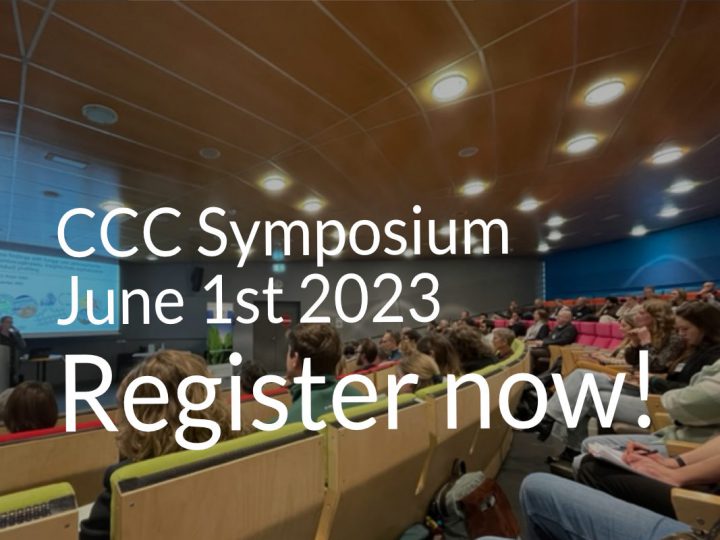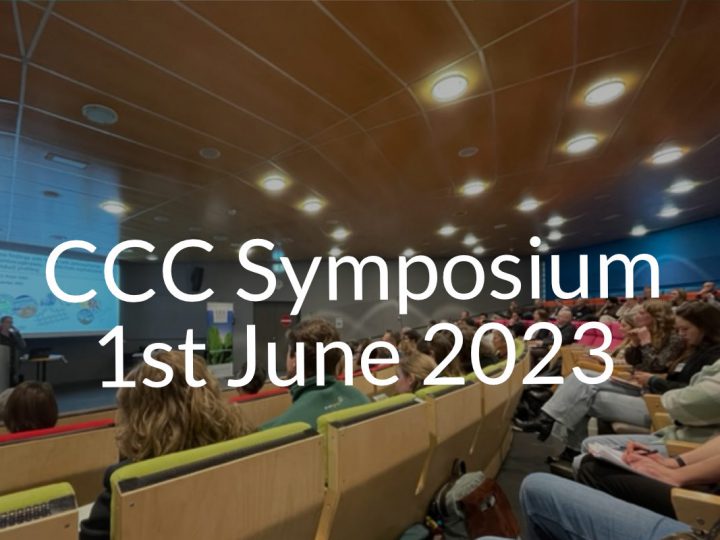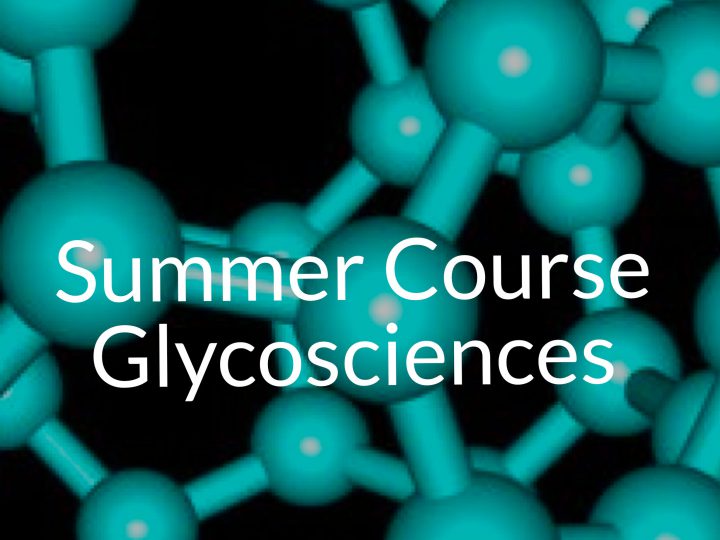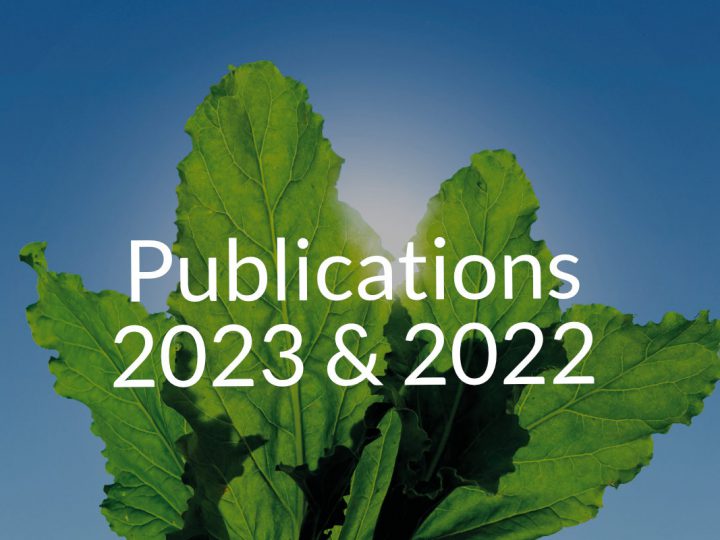The CCC ABC program, focused on the topics Biobased Economy, Animal Nutrition and Starch builds on the successful CCC1 and CCC2 programmes. CCC ABC started operations in 2013 and will continue up through 2018. The A-section of this program has been concluded, a recent progress meeting featured sections B (novel polysaccharides in food and non-food) and C (starches in animal feed). In this newsletter, we highlight the PhD projects from Piet van der Zaal (Isomalto/Malto-polysaccharides, IMMPs) and Bianca Martens (starches in animal feed).
The project of Piet van der Zaal (WUR) is supervised by Piet Buwalda, who combines his job at Avebe with a part time associate-professorship at WUR. ‘Working with a company means keeping an eye open for practical applications’, says Van der Zaal. ‘But the work we’re doing is basic science.’ He is now in the final year of his PhD project, in which he investigates the actions of an enzyme class discovered at the University of Groningen.
The 4,6-α-Glucanotransferase (4,6-α-GTase) enzymes from Lactobacilli cleave α-(1→4)-linkages and introduce α-(1→6)-linkages in maltodextrins and starches. ‘I have characterized a range of products structurally and with respect to molecular weight’, explains Van der Zaal. Interesting about the enzymes action is that the Isomalto/Malto-polysaccharide it produces from starch are not broken down by α-amylase in the mouth. Thus, the polysaccharide will reach the large intestine where it is fermented. ‘It is therefore a slow digestible fibre and has potential as a prebiotic.’
Bianca Martens is currently performing an animal trial with pigs which are fed special diets with different starches. ‘My project is to chemically characterize selected starches and test how they are digested in these pigs.’ After feeding the animals with different starches for two weeks, they are sacrificed. ‘Then, I test where in the digestive tract the starches are digested. I also test the speed with which the feed passes through the digestive tract. ’In this way, Martens is able to correlate chemical composition of starches to the way in which the digestive system of the animals handles them.
‘I have learned a lot about animal nutrition’, says Martens, who is in her third year. ‘And we’re elucidating which properties of these starches are relevant for their digestion.’ Apart from molecular composition, she also looks how the starches are affected by feed production. ‘I’m working at the WUR and at Agrifirm, where the animal experiments are performed. I like the combination very much – talking to my colleagues at Agrifirm tells me a lot about the everyday reality of feed production.’
About CCC ABC
Within several different work packages, project partners are collaborating on the topics Biobased Economy, Animal Nutrition and Starch. Entirely new carbohydrate modifications are undergoing further research. This is fundamental research, given the complexity of the physical and analytical chemistry and modification knowledge involved.
The project volume of CCC ABC totals almost €1.9 million, of which €650,000 is private investment (cash and in-kind). Three business enterprises are participating in the consortium – Sensus, AVEBE and Agrifirm – alongside the knowledge institutes DLO-FBR, WUR and UG.




